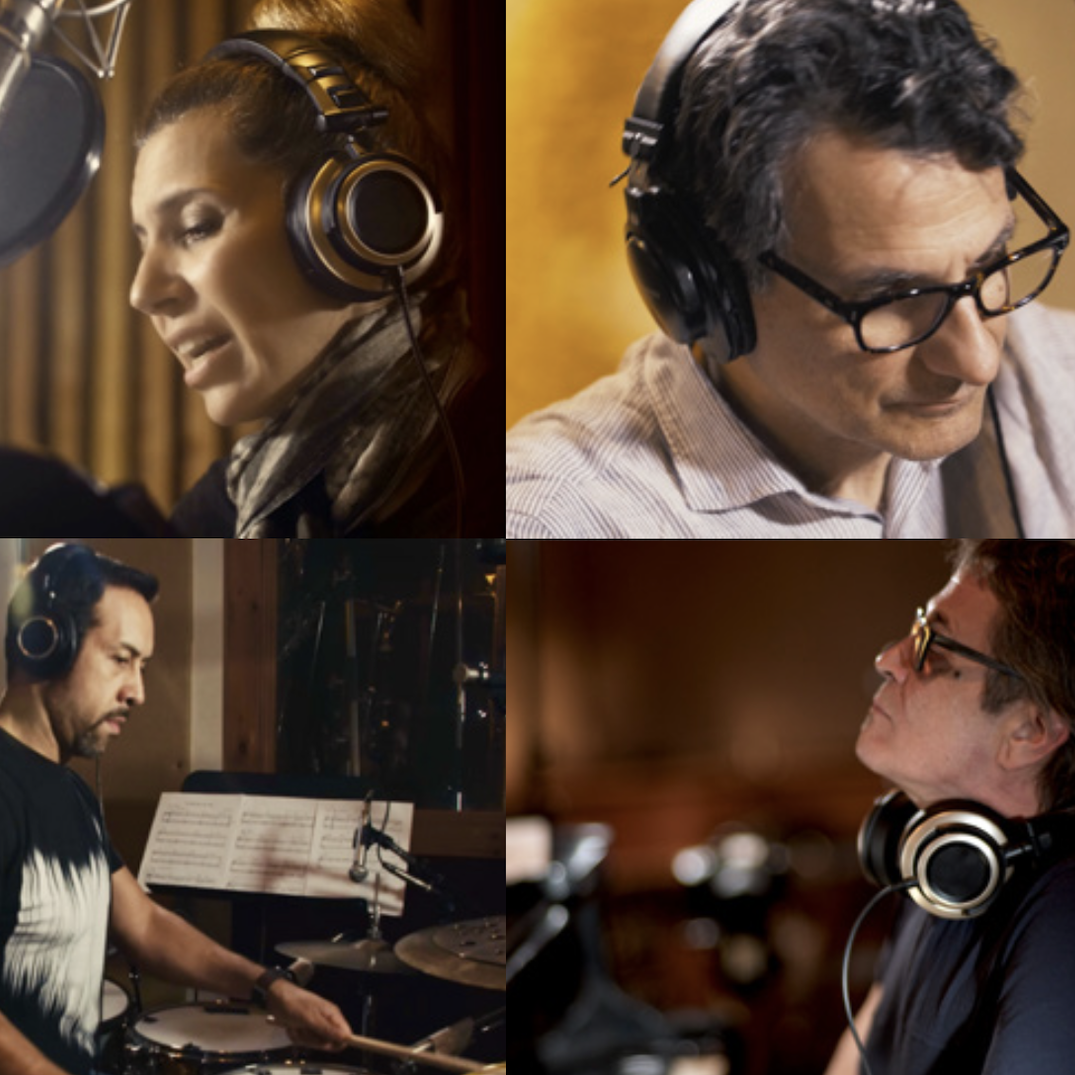John Finbury has long since displayed a prodigious gift for musicianship in all its forms – not simply popular forms, but also traditional and contemporary Brasilian forms of music and dance too. He has followed up his Brasilian sojourn, Sorte! – John Finbury ft. Thalma De Freitas, with Quatro, with a veritable Spanish fiesta that traverses a musical experience that stretches from Spain to Spanish Latin America. The title of his album, however, is more than a geometric suggestion that references the composition of this group; it is rather a metaphor that is culturally topographical and comes with powerful political and sociological undertones as well.
Like many musical offerings that have seen the light of day in a time of contemporary neo-Fascism, Mr Finbury’s musical offering is exquisitely artful and sublimely beautiful in form and content. Where much music that protests the arrogantly overt right-wing turn that the United States of America has taken post-2016 tends to be shrill – the noise of which often tends to detract from the message – Mr Finbury’s music always speaks [and sings] of hurt and anger just as it would speak [and sing] of the edifying values of love, pleasure and peace with the loftiest human expression: artful grace, the very embodiment of all that is desirable and beautiful.
As with his previous recording, Mr Finbury and his eminent producer, Emilio D. Miller, have chosen wisely; they have conferred upon the incomparable pianist Chano Domínguez the pivotal role in this music, and then set about to ornament this with the seductive beauty of Magos Herrera’s vocals. To complete the crafting of this masterpiece the music is enhanced by the harmonic and rhythmic genius of bassist John Patitucci and the percussion colourations of another prodigiously-gifted musician, drummer Antonio Sánchez.
As it was in Sorte! Mr Finbury has crafted music that dives deep into the idiomatic beauty of music; in this instance it is music of Iberian character that – with the colonisation of South America – influenced that sonic landscape as well. In Mr Finbury’s art, however, the ugliness of colonisation is supplanted by the grace and beauty of the art that ensued. The very nature of the collision of influences – Arabic modes upon European ones, for instance, as evidenced in the Spanish inflections of Mr Domínguez’s pianism – speaks to the importance of cultural collusion through the migration of people and art.
The variety and stylishness of the music of Quatro is matched by the performances of all the musicians throughout. Undulating urbanity and lyricism, for instance, in the musicianship of Mr Domínguez displayed particularly on “Salon Jardin”. Performances by Mr Patitucci and Mr Sánchez – especially in the instrumental interludes of the latter two musicians through their debonair virtuosity, are object lessons in the very essence of style. And Miss Herrera sings, throughout, with aristocratic grace. All in all, the music of Quatro is evocative of high art as few could even hope to attain.
Track list – 1: Llegará El Dia; 2: Independence Day; 3: La Madre De Todos Los Errores; 4: All The Way To The End; 5: Comenzar; 6: Salon Jardin; 7: Romp
Personnel – Magos Herrera: vocals; Chano Domínguez: piano; John Patitucci: bass; Antonio Sánchez: drums
Released – 2020
Label – Green Flash Music
Runtime – 38:36
Latin Jazz Network Review by Raul Da Gama.

